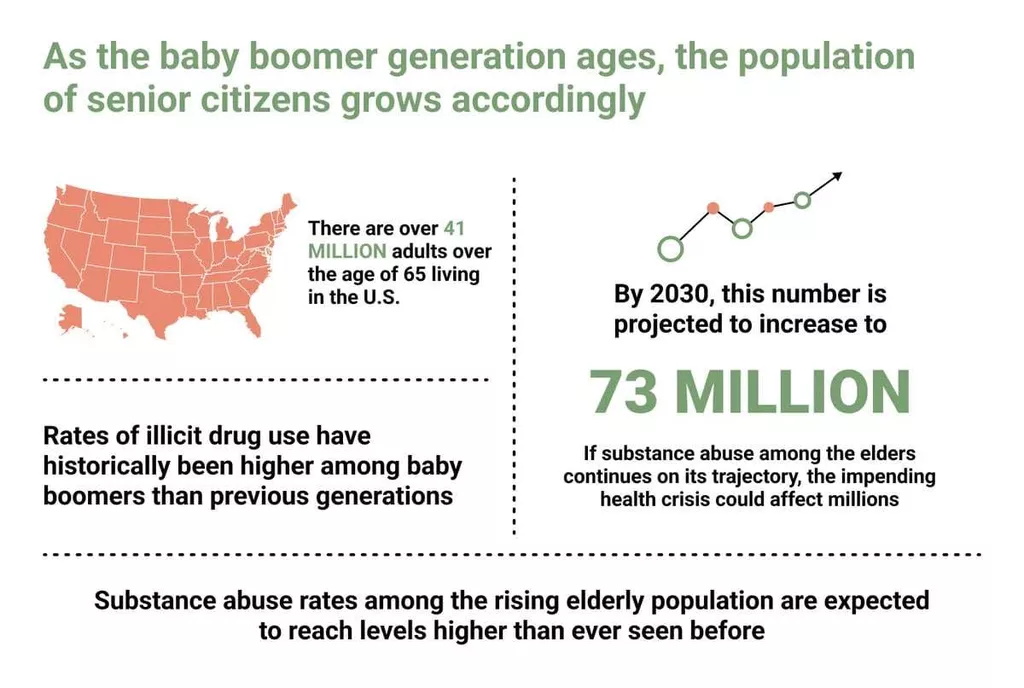Celebrate your loved one’s progress with a t-shirt that celebrates sobriety. Many different styles are available, so find one that fits your loved one. Sobriety gifts for him could be self-made or purchased from inspirational-themed stores. Start their day off with a recovery mug that celebrates their sobriety journey. Add a personal touch by having it customized with their name, sobriety date, or favorite motivational quote.
A Choice for Meaningful Treatment with Dignity
- As people who have recently come out of rehab or are newly sober may be in a fragile emotional and mental state, it’s important to be aware of possible triggers.
- Early sobriety is filled with feelings of boredom, anxiety, depression, loneliness, and more.
- Despite how prevalent substance abuse is in the United States, and globally, there is only a limited amount of treatment options available for management of these disorders.
- Inspirational books and recovery literature offer guidance, encouragement, and insights that can aid in the healing process.
- Many in recovery appreciate recognition of smaller achievements too.
Give us a call today to verify your insurance coverage or to learn more about paying for addiction treatment. Buy them some new fitness equipment in line with their interests. From some new weights or yoga gear to a paid gym membership, encourage your loved one to continue embracing a healthier lifestyle on all fronts.
This self-watering indoor garden comes with plant pods and grows herbs, vegetables, or flowers automatically. It’s a great way to encourage a new, nurturing habit that provides a sense of accomplishment and connection to nature. This gift encourages relaxation and self-reflection, crucial elements in maintaining sobriety. It also demonstrates an understanding of the importance of self-care in the recovery process.
Most of all, however, beating addiction or alcohol requires support. A customized token can symbolize achievement, peer support, and personal merit. Sobriety chips are often given out at 12-step meetings to represent the length of time sober. Give your loved one a sobriety chip necklace to wear as a reminder of their strength and progress. If you know of or have read any books that had lasting positive impacts on your life or engaged you, consider gifting a copy to your loved one. We’re here 24/7 to help you get the care you need to live life on your terms, without drugs or alcohol.
Alysse Bryson is a strong woman in recovery, an innovative media maven, marketing guru, and gal about town. “I’m just a laid-back old school Seattlite…with sober superpowers. You can take the girl out of the party, but you can’t take the party out of the girl.” If you or someone you know is experiencing difficulties surrounding alcoholism, addiction, or mental illness, please reach out and ask for help. People everywhere can and want to help; you just have to know where to look.
Feeling is Knowing: A Somatic Workshop Thirsty for Wonder
Recognizing and celebrating this accomplishment with them is one of the best ways you can support a loved one in recovery and encourage them to keep going. These rings can be engraved with sobriety dates, initials, or motivational phrases, making them unique and personal. They symbolize strength and the enduring commitment to a sober life. Jewelry can be a beautiful and personal way to symbolize recovery. Custom recovery jewelry serves as a daily reminder of one’s commitment to sobriety and the progress made. Self-care is essential for maintaining mental and emotional health during recovery.
Addictions We Treat
While sobriety anniversaries are popular, you can celebrate any milestone or offer support at any time. Many in recovery appreciate recognition of smaller achievements too. Jewelry with meaningful engravings or symbols can serve as daily reminders of strength and progress. Options include bracelets with recovery-related mantras from MantraBand, necklaces with sobriety dates from My Identity Doctor, and alchemy rings with empowering symbols from Etsy. As previously mentioned, finances are often tight, especially during early recovery.
Many recovery programs offer standardized coins, but a custom-made version can hold even more significance. Consider having the medal engraved with a meaningful quote or personal message. Some individuals choose to carry their coin with them always, while others display it prominently at home or work as a constant source of motivation. Think about sayings, dates, and images that mean something to you and your loved one. A handwritten letter or card is a simple and inexpensive place to start. On the path to recovery, one can lose sight of the remarkable aspects of their life while focusing on trying to amend the hold addiction had on them.
Personalized Sobriety Coin or Medal
Focus on who they are and what they like and you should be able to find something that they will be interested in. Another nice sobriety gift could be a fun trip or weekend getaway. A vacation is a sober gift suited for people who no longer need the consistent structure of addiction treatment’s beginning stages. Once a person has made it through those first few weeks, months or years, or is following an aftercare program, a getaway can be a fun way to honor their hard work.
- Alternatively, pay for a cleaning service to free up more time for your loved one to enjoy sober life.
- Incorporate pictures of their children, beloved pets, trips with friends or their wedding day.
- It’s a great way to encourage a new, nurturing habit that provides a sense of accomplishment and connection to nature.
- Recognizing and celebrating this accomplishment with them is one of the best ways you can support a loved one in recovery and encourage them to keep going.
- It’s essential to consider your loved one’s tastes when sending gifts, but remember that rehab facilities come with their own sets of rules and regulations.
- Each gift is thoughtfully designed to honor and support every step of the recovery journey.
Gift Idea #9: Sober Unicorn Coffee Mug
Today we’re going to share with you the seven best sobriety gift ideas for your loved one, as well as three gifts you should never give someone in recovery. Enrolling someone in workshops or classes related to their interests can promote personal development and provide a sense of accomplishment. Whether it’s a cooking class, art workshop, or mindfulness seminar, these experiences encourage learning new skills and meeting like-minded individuals. Personalized journals allow individuals to express their emotions and experiences in a safe and structured manner.
This platform connects individuals with local volunteer opportunities that match their interests and skills. By sponsoring a volunteer day or series of experiences, you’re not only supporting your loved one’s recovery but also helping them make a positive impact in their community. Finding a great gift for people in recovery or newly sober people can be difficult – especially if you’re feeling stressed about getting them the perfect gift. As with most things in recovery, it’s important to know that you’re not alone and to give yourself grace.
The idea behind this gift would be to give something that helps your loved one to move ahead and enjoy all they have gained in their sobriety. Depending on how long your friend’s treatment is, he will be away from home for a little while and may experience some homesickness or even maybe nervousness about coming home. Help put your loved one at ease by reminding him that someone will be a support for them after treatment. To help your loved one express their creativity, a sketchbook, set of pencils, or a paint-by-numbers kit might be just the thing.
The gift of time
Travel vouchers for sober retreats can provide a refreshing change of scenery. Look into organizations like Sober Vacations International that specialize in sober travel experiences. Any gift with language around “addict” or “addiction” can be a slippery slope, as well. While something like a mug with “coffee addict” written on the front can be a cute gift for a coffee drinker, a newly recovering person doesn’t need any reminders. Addiction is a serious topic for these individuals, and they may not appreciate careless references to being an addict.
Guided meditation journals combine the benefits of meditation with reflective writing. These journals typically include mindfulness sobriety gift ideas exercises, breathing techniques, and space for daily reflections. They help individuals cultivate a sense of calm and focus, which is essential for maintaining sobriety and managing stress.








